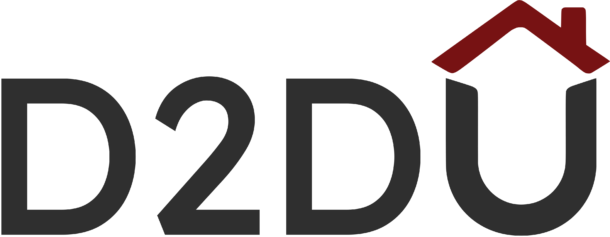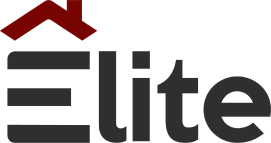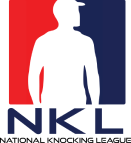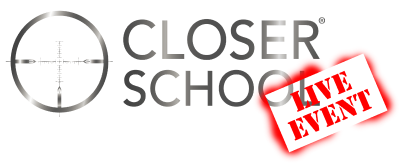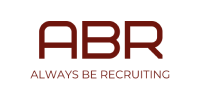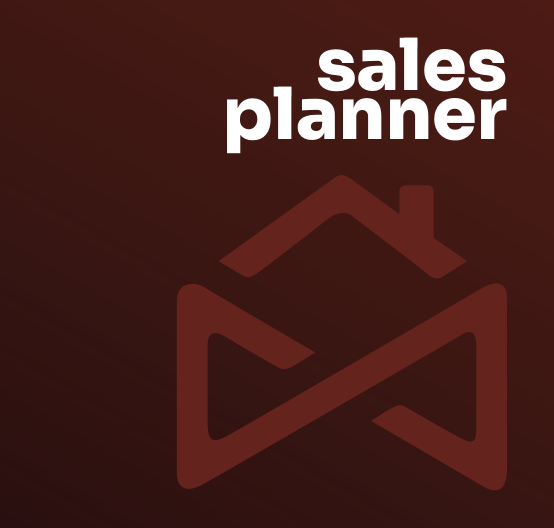Sam Taggart here – The founder of D2D Experts, and today we’re sharing invaluable insights from a recent podcast with Sean Huckstep, the VP of Sales at Sales Rabbit. Together, we explore the intricacies of sales velocity, a crucial metric in the sales world that measures how quickly leads are converted into revenue.
The Essence of Sales Velocity
Sales velocity is the speed of converting leads into sales.
It involves several factors: the number of opportunities, the average deal size, the conversion rate, and the length of the sales cycle. Improving any of these elements can lead to a higher sales velocity. Sean Huckstep’s expertise in managing thousands of sales reps across various industries provides a unique perspective on optimizing these factors for maximum impact.
Strategies to Increase Sales Velocity
1. Maximize Prime Knocking Hours
One key takeaway from our discussion was the importance of timing. Data analysis revealed that certain times of the day yield higher engagement rates. Focusing your efforts during these prime hours can significantly increase your chances of success.
2. Leverage Technology for Efficiency
Utilizing sales enablement tools like Sales Rabbit can transform how you manage leads and territories. These tools provide valuable data insights, helping sales reps to work smarter, not harder.
3. Focus on Quality Over Quantity
It’s not just about the number of doors you knock on but the quality of interactions you have. Targeting the right neighborhoods and households increases the probability of converting leads.
4. Understand and Utilize Your Data
Knowledge is power in sales. Understanding the metrics that drive your sales, from lead generation to closing. This insight allows you to pinpoint areas for improvement and capitalize on your strengths.
A Journey of Continuous Improvement
Increasing sales velocity in door-to-door sales is a continuous journey that requires a blend of strategic planning, effective use of technology, and a deep understanding of your sales process. By focusing on the right strategies and maintaining a customer-centric approach, sales teams can significantly improve their sales velocity, increasing revenue and growth. Stay dedicated, and adaptable, and always seek ways to improve your sales potential.






